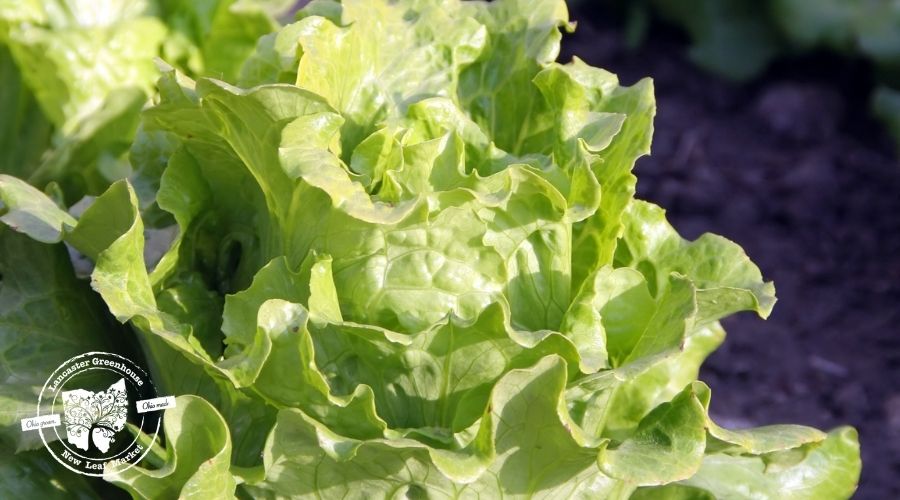Providing food for your family that you know are healthy is what every parent wants for their household. Especially if you grew them yourself without the help of harsh chemicals or pesticides. Using organic horticulture, this is possible. In you’re interested in organic horticulture, keep these ten tips in mind:
Tip 1 – Use Natural Pest Control: Your garden will have pests. These natural controllers can be other insects, like ladybugs to control aphid populations, or plants like garlic to prevent army worms or apple worms. Using natural pest control will mitigate this problem from the start.
Tip 2 – Rotate Your Plants: Rotating your plants gives the soil a chance to recover. Each plant absorbs different nutrients from the soil, some even return nutrients to the soil. Rotating your plants correctly every year will keep your entire garden healthy.
Tip 3 – Prune Plants Carefully – Remove any dead parts you can find on your plants. They do not heal and it can make the rest of the plant sick. Don’t let them sit. Remove the dead parts that falls off on the soil and destroy it immediately. Some dead parts of the plant may be infected that can cause damage to the rest of the plant.
Tip 4 – Make a Good Compost: Compost is the best way to feed your organic garden. Compost isn’t hard to do. Only layer leaves, clippings and organic kitchen waste in your compost heap. If you want the compost to start quickly, you can add a compost starter to the mixture. Remember that the good composition is at the bottom of the stack. So you need to have a way to flip them over or access the stack from below. Once you have a good amount of compost, work it into your soil to create rich, organic soil.
Tip 5 – Aerate Your Compost: Heap Compost needs air to decompose properly. You can add air by turning the compost heap regularly or by placing a PVC pipe in the middle of the stack. Also, build the pile on top of a layer of twigs and sticks to create some air from below.
Tip 6 – Choose Organic Fertilizers: Organic fertilizers help your plants grow longer. This is especially important when you are growing food. However, choose a low-dose fertilizer as it will not burn the roots of your plants or provide too much of a particular nutrient.
Tip 7 – Buy Organic Seeds: Since the seeds come from plants, the only way to have a truly organic garden is to buy organic seeds. You cannot sell your products as USDA Certified Organic if you are not using organic seeds. Organic seeds must come from hybrid or openly pollinated plants. Inorganic plant seeds have been exposed to pesticides and other chemicals so they may not grow properly.
Tip 8: Test Your Soil: Your soil won’t contain all of the nutrients that your vegetables or plants need. Doing a test to find out what nutrient is missing is a good practice in organic gardening. You can buy soil testing kit to do this.
Tip 9 – Water Carefully: The soil in your garden should feel damp to the touch, but overwatering can lead to disease and remove nutrients from the soil. Plants typically need an inch of water per week. You can keep a rain gauge in the yard to help determine how much water you need.
Tip 10 – Intercropping: Intercropping, where one crop is grown between rows of another crop, is an important technique for organic horticulture. Planting a garden, herbs and flowers like mint or marigolds in your vegetables will keep some pests away. In addition, the intercropping improves the nutrient content of the soil.


